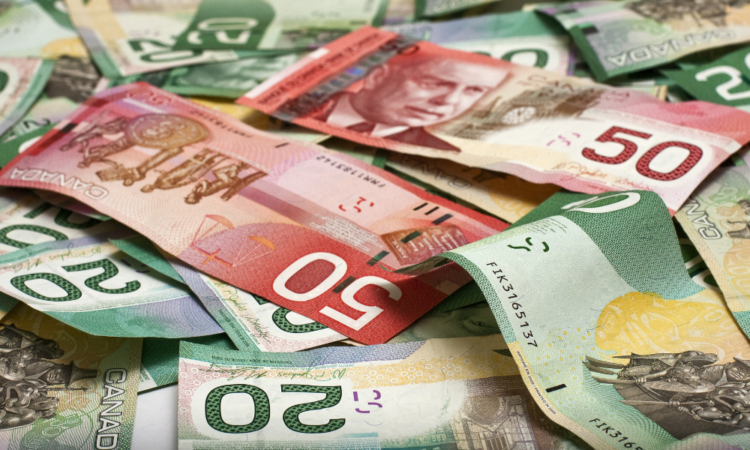As concerns about a potential recession mount, a significant number of Canadians are grappling with financial debt—and many are counting on their tax refunds to help reduce that burden.
A new poll conducted by Toronto-based licensed insolvency trustee firm Remolino & Associates found that 55% of Canadians are currently carrying some form of financial debt. Francisco Remolino, principal at the firm, described the figures as “staggering,” pointing to the rising cost of living and post-pandemic income decline as primary contributors to the situation.
“People have accumulated an amount of debt that is getting a little out of control,” Remolino said in an interview with Global News.
Adding to the uncertainty is the global trade war sparked by U.S. President Donald Trump, which has shaken stock markets and intensified recession anxieties. “It’s a volatile environment because we don’t have a clear structure for how to better prepare and move forward,” Remolino added.
Affordability and cost-of-living concerns have taken center stage in the ongoing federal election campaign. According to an Ipsos poll conducted exclusively for Global News, 40% of Canadians want the next government to prioritize affordability, while 46% support lowering income taxes.
Tax Refunds as a Financial Lifeline
An Angus Reid poll from late last month revealed that 51% of Canadians expect a tax refund this year, and 25% of them intend to use that refund to pay down debt. The Canada Revenue Agency (CRA) reported issuing over 19 million refunds last year, with an average payout of $2,294.
Clay Jarvis, financial expert and spokesperson for NerdWallet Canada, stressed the importance of using refunds wisely—especially for reducing high-interest credit card debt. “Carrying a credit card balance is only helping your credit card company,” he said. “Paying down debt is always a great idea.”
Remolino recommends prioritizing debt with the highest interest rates to free up income for everyday expenses and to provide greater financial flexibility. “It can bring peace of mind and help people move forward with other aspects of their lives,” he said.
Both experts agree: despite the temptation to splurge, a tax refund should be treated as a tool for financial stability—not a windfall. “It’s your money,” Jarvis emphasized. “Spend it in a responsible way, as if it had never been withheld in the first place.”
Remolino further advised Canadians to consider splitting their refunds: using a portion to pay down debt, contributing to a registered retirement savings plan (RRSP), and setting aside some funds in an emergency account.
“Everyone’s financial reality is different,” he noted. “The key is making thoughtful choices that provide long-term value.”

 English
English



























































